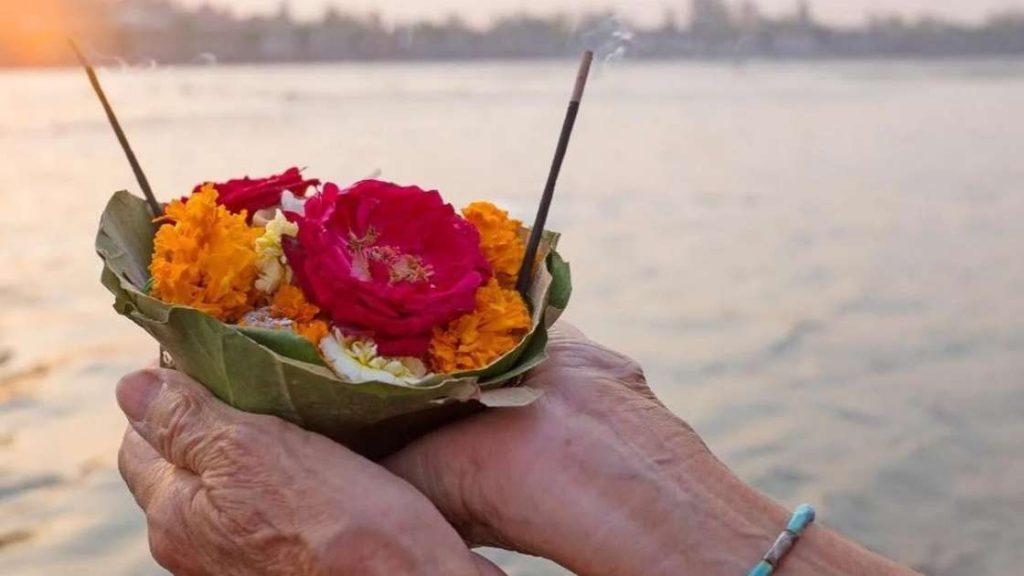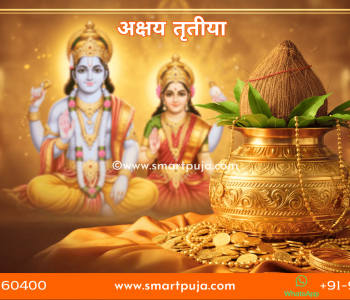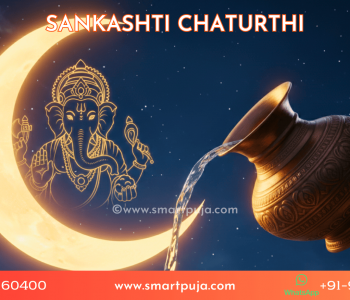Pitru Paksha Rules: Honoring Ancestors the Right Way
Shraddh or Pitru Paksha is a significant time for every believer of Hinduism since they offer prayers, food, and many other things to their ancestors. This period lasts sixteen days, and people invite Brahmins, purohits, and pandits to perform prayers for their ancestors for their wellness in the afterlife.
If you’re also planning to perform prayers for your ancestors this Pitru Paksha 2023, there are specific rules to be followed while performing Pitru Paksha rituals, food to offer, and prayers. For all those who are not very aware of Pitru Paksha rules, SmartPuja’s expert pandits will assist you with the best guidance.
Furthermore, our Vedic experts have covered all the basic details regarding Pitru Paksha rules in this blog. Scroll down to get a clear idea!
Pirtu Paksha Rules

The rules for Pitru Paksha that one must follow during this period include the following:
- Shraddha or Pitru Paksha is often initiated with chanting performed by Brahmins.
- Brahmins are offered food with complete devotion and respect before offering food to anyone else. Prayers are conducted for the well-being of ancestors. Food, water, etc., are offered to forefathers or deceased ancestors.
- It is believed that the negative influences of ancestors are mitigated by performing Pitru Paksha puja. This puja is often conducted in the South direction.
- Flour and rice balls to forefathers or deceased ancestors are offered as a pind daan. Their soul is believed to be nourished, and hunger is satisfied by conducting pind daan.
- Pitru Dosha puja is conducted for the people having Pitru Dosha or curse by the deceased ancestors due to displeasure. By conducting specific rituals, devotees can alleviate the burdens of their forefathers and seek their wishes and blessings.
- Tarpan is also performed during this time by offering water to the forefathers or deceased ancestors. They are believed to be relieved from suffering, and their thirst is quenched by performing Tarpan for the ancestors.
- Fasting is observed during Pitru Paksha to seek forgiveness for the forefathers and help them achieve moksha and relief from the birth and death cycle.
- It is believed that people must avoid buying new things or initiating new ventures since this period is to grieve forefathers and offer prayers and meals to the departed ancestors.
- Devotees must follow brahmacharya and avoid eating certain foods, such as mustard greens, cucumber, gourd, black salt, cumin, lentils, gram, etc.
Conclusion
Pitru Paksha is significant in Hinduism since it is scripted that the ancestors visit their existing loved ones and descendants. Meals and foods are organized for family members, relatives, and people in communities, temples, etc. It also helps devotees get the blessings of their ancestors.
A strong belief that ancestors visit during Pitru Paksha makes devotees offer meals to Brahmins, communities, birds, cows, and poor people to grant the happiness and well-being of their forefathers. Pandits at SmartPuja help people perform Pitru Paksha’s rituals and pujas as scripted in Vedic scriptures and Brahma Purana. It helps the ancestors to get relieved from reincarnation and attain wellness and peace.
For all those planning to perform Pitru Paksha rituals, connect with our Vedic expert pandits at 080-61160400.









